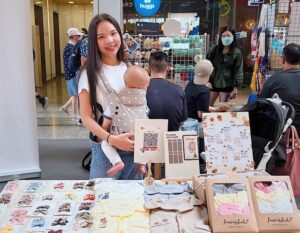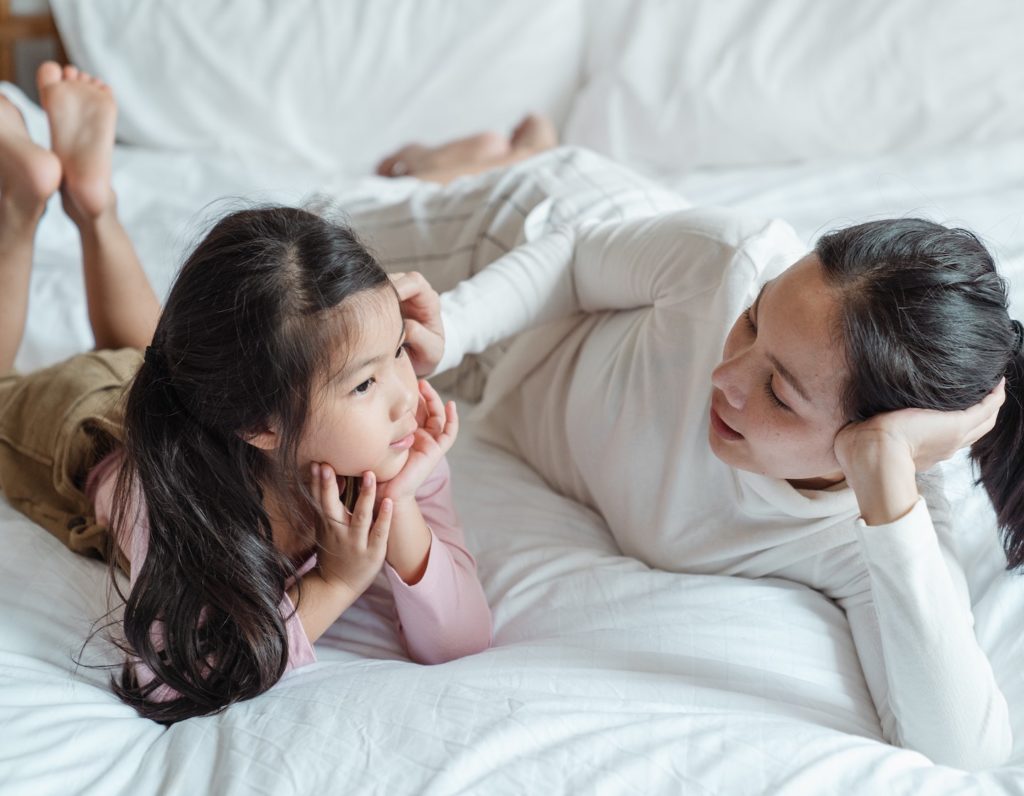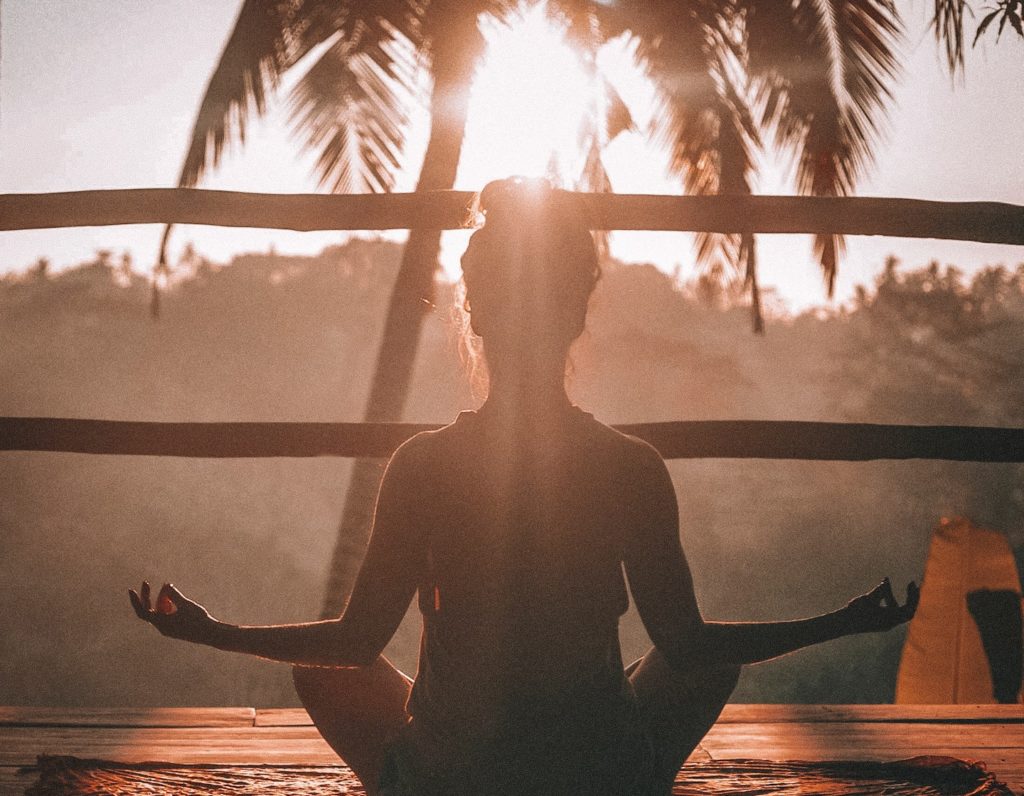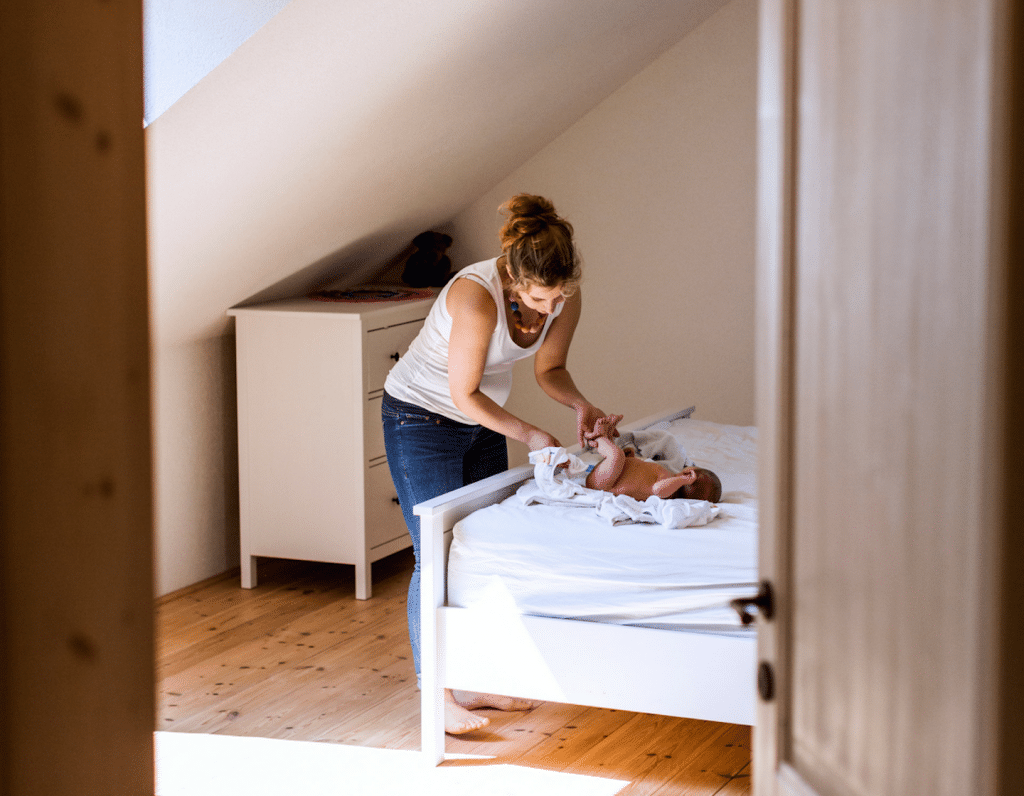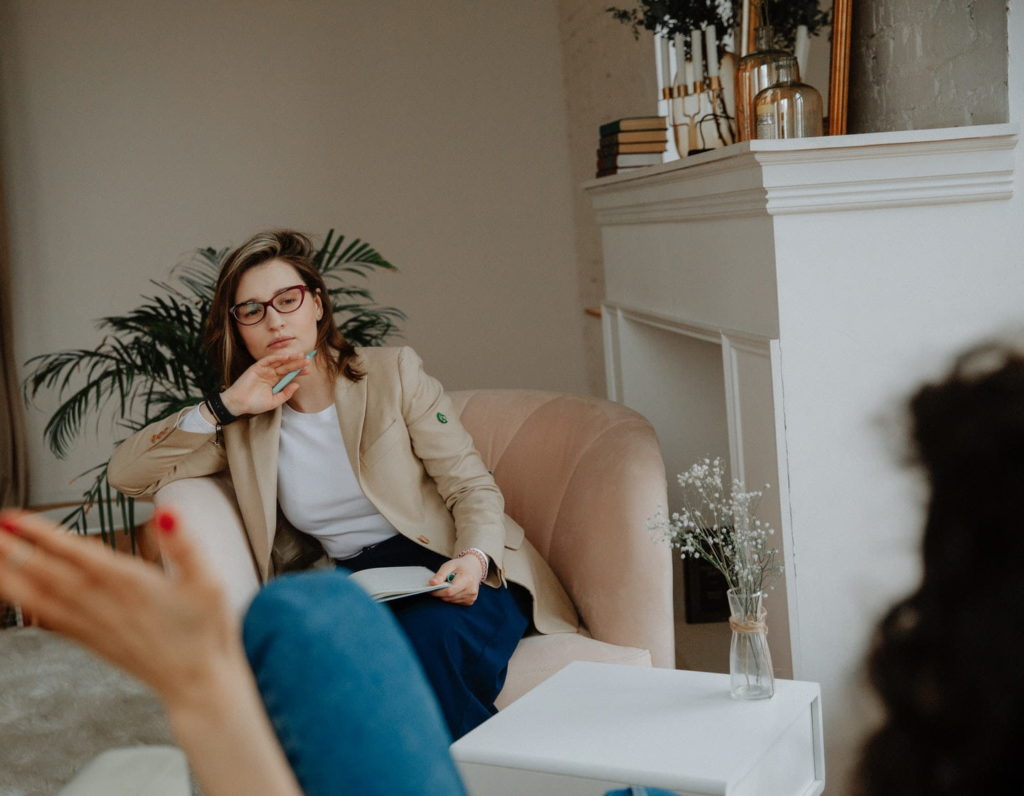

I cut my family out of my life. A month later, my mother, my main abuser, died. A friend recommended therapy as a way to deal with the fallout
Many Asian women are raised to be seen and not heard. We’re told from an early age that our behaviour is a reflection of the family’s honour, and that family always comes first. My parents ran a semi-conservative but strict Indian household, and my relationship with them and my elder brother wasn’t always the easiest – or the happiest. We had the usual fights all families do – curfews, homework, less-than-savoury friends etc – but my family also came with plenty of control issues, toxicity, emotional manipulation, verbal abuse and every problematic behaviour imaginable. I’m not proud of it, but I compromised and tolerated most of their toxic behaviour for the better part of two decades simply because it was easier than constantly fighting. But things went on a downward spiral when the world shut down due to the pandemic in March last year.
Suddenly, my solo summer holiday around the globe – my annual break from my family and people in general – was a thing of the past. And while my friends made sourdough loaves and Dalgona coffee, I spent circuit breaker season dealing with several hidden skeletons and life-altering choices that my family had made for me and about me, all without my consent or knowledge. This was officially my breaking point; the emotional Molotov cocktail I’d been burying inside for nearly 20 years exploded, and I made the decision to cut my family out of my life for good. A month later, my mother, who was also my main abuser, died suddenly.
A friend recommended therapy as a way to deal with the fallout. I hesitated initially because therapy isn’t a word you hear in the conversations Indian families have over our evening chai. Going to therapy is considered weak and shameful, but it was either go to therapy or spontaneously combust. So one rainy afternoon, I walked into Claudia Doig’s office at Psychology Blossom. I had zero expectations; if anything, therapy would be just a way to vent, I thought.
But instead, Claudia’s warm manner, patience, good listening ear and helpful coping techniques helped me gain some much-needed perspective to change the harmful life lessons and habits that my parents taught me – things that I was brought up believing to be the only way to get through life successfully.
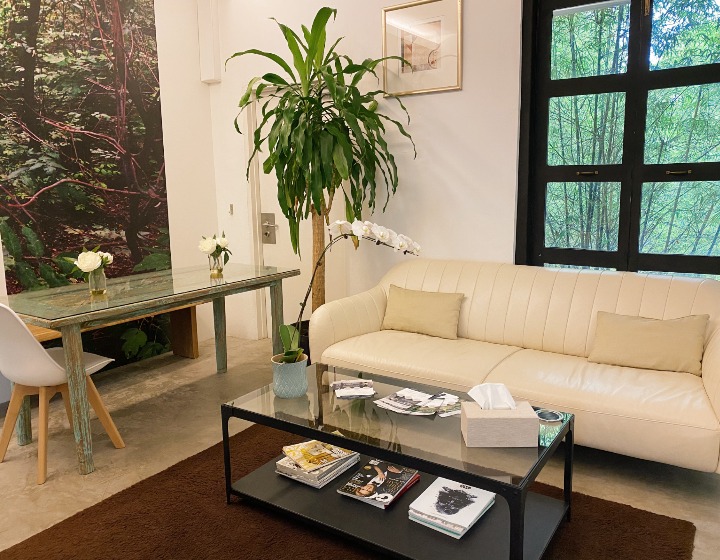

Hurt people hurt others
Our mothers love us dearly, but they can also be our biggest critics, and their razor-sharp tongues can ruin our self-esteem. Eventually, their critical voices become ours, and we pick ourselves apart the same way they did. It was one of the first things Claudia noticed in our first session together, piecing it together from the words I used to describe myself and the cruelty my mother had doled out over the years.
Over boxes of tissue and bowls of walnuts, she helped me understand that the kind of damage my mother had inflicted on my psyche – a mindblowing combination of emotional blackmail, gaslighting and body-shaming – stemmed from her own disappointments. Hurt people hurt others, Claudia explained, and most of the treatment Asian children endure at their mother’s hand often stems from generational hurts. True enough, reflecting on the various arguments with my mother made me realise that she would often use the similar treatment she received from her mother as justification for what she, in turn, did to me. Claudia used our hourlong sessions to show me how I was merely repeating this vicious generational cycle with my own words and thought patterns.
Tears are not a sign of weakness
It’s very typical for Asian children to be told that there is no room for weakness if they want to survive in life. We are taught that crying never solves anything, and to cry in front of others is to be weak. Our only option is to remain stoic at all times, but at some point, the tears will come, no matter how hard you try to keep them at bay. Claudia taught me that crying is actually healthy and that being able to feel as deeply as I do – plus understanding why I feel a certain way – is actually a display of strength. It seemed like such a foreign concept to me, and it certainly took a while to be able to let the tears flow freely without giving myself a mental beatdown.
Boundaries do not make you a bad person
Ahh, boundaries. It’s one of the many words that Asian parents don’t recognise or accept. It does not matter if we’re 15 or 35, our parents will often have the last say – or the loudest opinions – in major and minor life decisions. Failure to abide by their “advice” means we’re ungrateful or stubborn, that we don’t care about them or that we’re getting too big for our breeches. More often than not, we stay silent to keep the peace at home. It is easier to let them dictate our life choices than to stand our ground because the guilt that comes with the latter is often too overwhelming. Therapy made me realise that sometimes the easier choice is not necessarily the best one for me. It made me see how I was only disrespecting myself by allowing my family unlimited access to my life. Putting up healthy boundaries (and keeping them in place!) takes a lot of work, but the relief that it brings is priceless.
The key to letting go is to sit with your feelings
When I started opening up to a trusted circle of friends about the traumas I’d endured at home, I was frequently told “OMG, I don’t know how you’re getting through this with a smile on your face!” The answer to that is a simple but once again, alien concept: acknowledge how you feel, sit with it, and then let it go. Living in a strict, brown household means you don’t stop to think about how you’re feeling. You are expected to wake up each day and push through because that’s what strong people do. It’s what our elders did, it is what the generations before them did, so it is what you must do as well. But surviving is not living, and knowing the difference is important. I didn’t buy the idea of living in survival mode when Claudia first raised it, but as I gradually let my guard down, I realised that was exactly what my life had become before I cut my family off.
The smiles and laughter didn’t come easily. Sandwiched in between all the grief, betrayal, disappointment, pain and anger was also the love I had – and still have – for my family. I flip-flopped between wanting to reconcile with them and wanting to pack a bag and get a one-way ticket on the next flight to anywhere. The solution, Claudia said, was to accept that my feelings were normal and valid; then, I had to accept that I had the right to feel the way I did. Lastly, when a particular emotion surfaced, my job was to let it flow without admonishing myself. It’s a pattern you never quite realise you’re stuck in, but eventually, when you do see it, and you find a way to grow beyond it, you will find happiness once more, and your heart will feel a thousand pounds lighter.
My story is not uncommon, but I also recognise that not every Asian woman will have a similar experience. Some of you have wonderful parents, and if you do, then give your parents an extra hug from the rest of us when you see them next. In many ways, therapy didn’t just save my life. It also challenged my own views and forced me to release the things and people that were no longer serving my best interests. And while the pain won’t ever fully go away, therapy with Claudia also made me see that I was only a victim if I wanted to be; that what comes next in my story is my own to write, and that asking for help when you’re struggling is always a good thing.
I do get the occasional eye roll or uncomfortable silence when people realise I see a therapist regularly, but I’m no longer ashamed to admit it. The way I see it, the awkwardness, silent judgments and pity-filled stares are worth enduring because I no longer punish myself for choosing my happiness over my family’s. It is worth it because I can now say that my family’s abusive generational cycle finally ends with me, and I am a better person because of it.
Thank you to Psychology Blossom, which comprises seven team members who offer psychology, therapy and counselling services for adults and children. Their specialisations include anger management, Global Development Delay (GDD), grief and trauma, addictive behaviours, couples counselling, divorce and rebuilding, relationship and self-esteem, teen behaviours, mood disorders and more.






 View All
View All




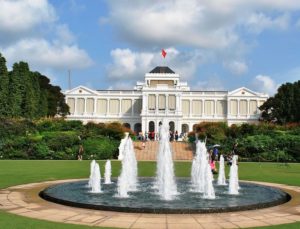
 View All
View All


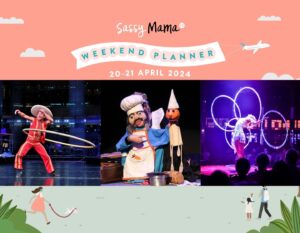




 View All
View All